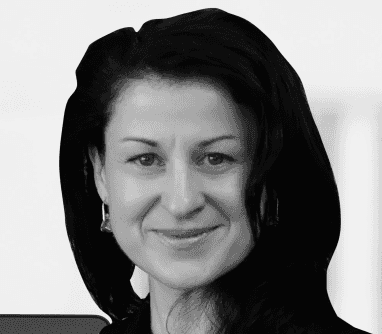Early in my career, I admired a leader who communicated clearly, made confident decisions, and earned everyone’s trust. An impressive, likeable, consistent, confident leader with their own distinctive style who triggered for me how I wanted to show up during my twenty years in global management roles.
So, what strengths do great leaders have? There are endless listings of traits and characteristics in every aspect of research on Leadership Development and Training programmes. Just this week Mc Kinsey and Deloitte released their ‘definitive’ lists of what makes a leader a ‘leader’. Above all, the steer seems to promote being your authentic self. So how useful is this nugget to leaders who want to be the best leader they can be amid challenging team and work environment dynamics, unrelenting deadlines, unforeseen barriers and changing organisational goals? Most leaders simply do not have the time to reflect on what is their distinctive, authentic leadership style. They do not have the bandwidth to unlearn behaviours that are no longer effective for them or re-evaluate what strengths they may be overplaying. Even less focus is placed on strategically assessing and growing leadership capability and effectiveness in the day-to-day grind of managing and delivering and getting the job done.
What’s needed is a pause. Time out to ask what actually is the job I’m trying to do; am I doing it; is it in line with the business goals. Defining your leadership brand is about being intentional, aligning actions with values, and leading with integrity. As sure as organisational culture has a strong effect on a leader’s growth and performance so too does a leader’s development of their teams have an impact on retention of high potentials (at all levels) and meeting financial targets of an organisation.
As Stephen Covey outlines in his seminal book The 7 Habits of Highly Effective People, we need to ‘sharpen the sword’ of knowledge and one way to do this is through making time for one-to-one executive coaching and facilitating executive peer groups. Coaching conversations create the trust and connection to get to the core of what is the authentic next step.
For more information on how to create a bespoke programme that fits with the needs of all your leadership team, reach out and let’s discuss:
Angela Cooney
AC Executive Coach


